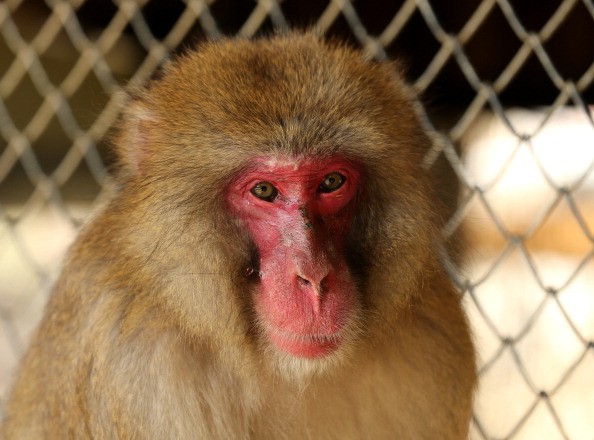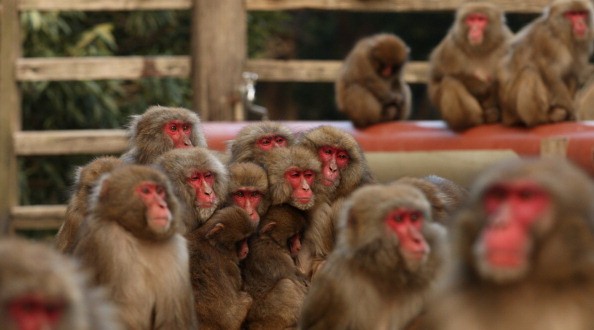Japan is on the lookout for wild monkeys following ten assaults in a week. After an infant was seized in the most serious instance, traps were installed, and people were advised to keep their windows closed.
Serial Attacker

In Japan, 10 people have been assaulted by a wild monkey in the past two weeks. Police are looking for the creature.
The attacks started on July 8 in the southwest region of the nation, in the Ogori district of Yamaguchi prefecture. In the most catastrophic instance, it broke into a residence and severely scratched a newborn.
When I heard my daughter weeping while I was cleaning, I turned around to see that the monkey had grabbed her by the legs while she was playing on the floor. The infant's mother reportedly told local media that it appeared to be attempting to drag her outside.
According to the Kyodo news agency, the monkey attacked neighboring individuals last weekend after scratching a four-year-old girl's leg and opening the screen door of a first-floor flat, leaving her with minor wounds.
Wanted: Monkey
The alleged 40-50 cm tall monkey also entered a nearby kindergarten class and scratched a four-year-old girl.
Police in the area is allegedly on high alert. People have been told not to open their windows, and traps have been erected for the animal. Although leaflets warning locals to be on the lookout have been issued by the mayor's office, the animal was still at large as of Tuesday.
About 40 monkey sightings have been reported in the region since May, according to the national broadcaster NHK.
Japanese Wildlife
They are not the only wild animals that have made Japanese citizens more watchful. Bear sightings and assaults have increased recently around the nation, along with fewer incidents involving wild boar, such as the one last year in which two animals harmed 12 people in a park in Hiroshima before being shot dead.
Because there aren't enough acorns in the bears' native habitat, they have to venture into inhabited areas in quest of food, leading to increased bear sightings and assaults.
The degradation of abandoned farmland that previously served as a natural barrier between their habitat and human areas is another issue in depopulated rural regions.
The number of bear sightings alone on Hokkaido, the northernmost major island, increased by 381 to 2,197 last year. A local hunter shot a black bear dead in 2020 after spending more than 12 hours inside a mall in the Ishikawa prefecture.
Japanese Monkey

The snow monkey, commonly referred to as the Japanese macaque (Macaca fuscata), is a terrestrial Old World monkey indigenous to Japan. They are known as "snow monkeys" informally because some inhabit regions where snow covers the ground for many months yearly. No other non-human primate lives in a colder or farther north environment.
Relationship with Humans
Slash-and-burn agriculture, using forest wood for construction and fuel, and hunting is examples of traditional human actions that threaten macaques. Due to social and economic developments in Japan after World War II, some risks have decreased, but new ones have developed. The greatest threat is the planting of timber plantations in place of natural forests. With greater human wealth, macaques have lost their fear of people and are now more common in rural and urban regions, with one macaque even being found for several months in the heart of Tokyo.
For more animal related news, don't forget to follow Nature World News!
© 2025 NatureWorldNews.com All rights reserved. Do not reproduce without permission.





